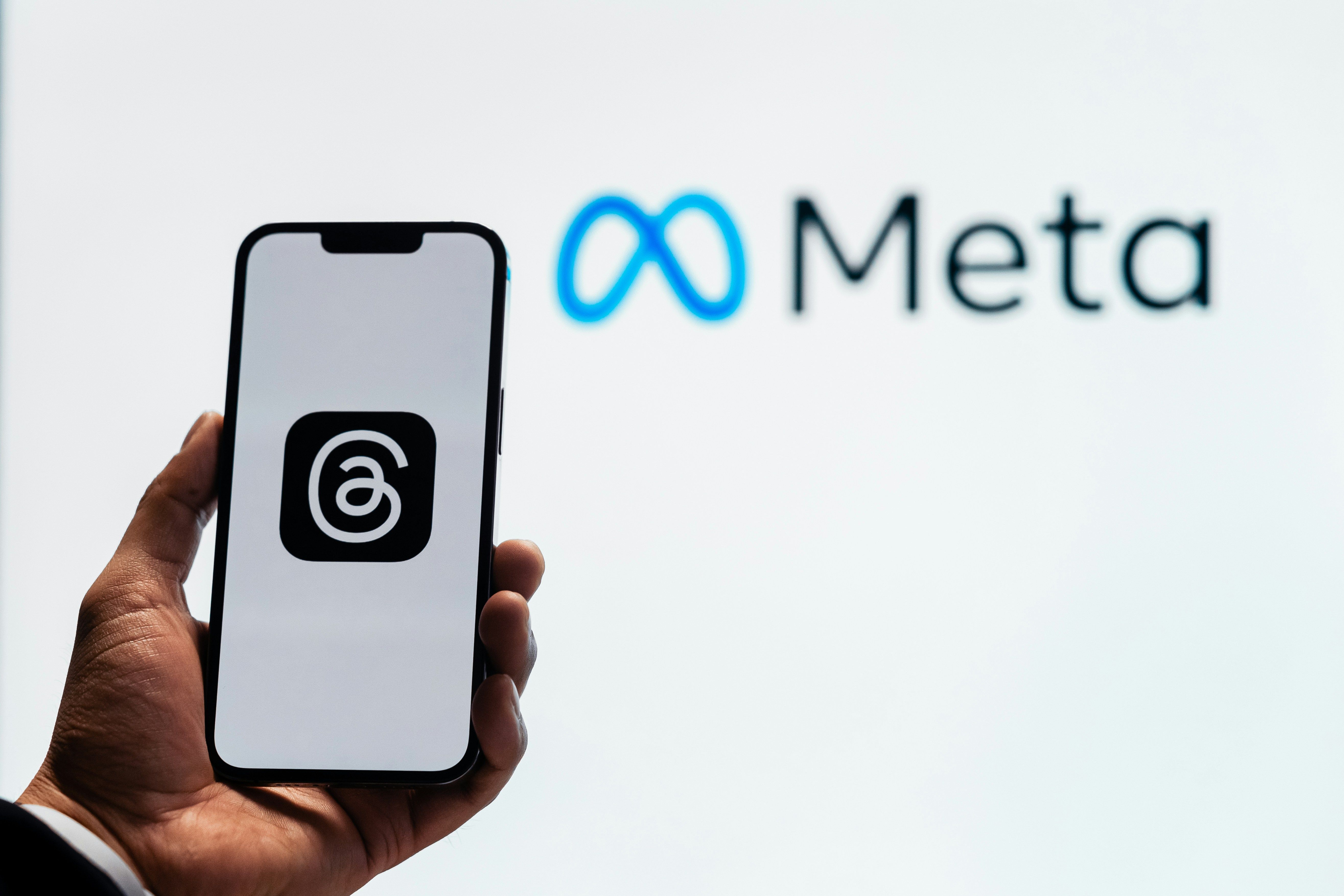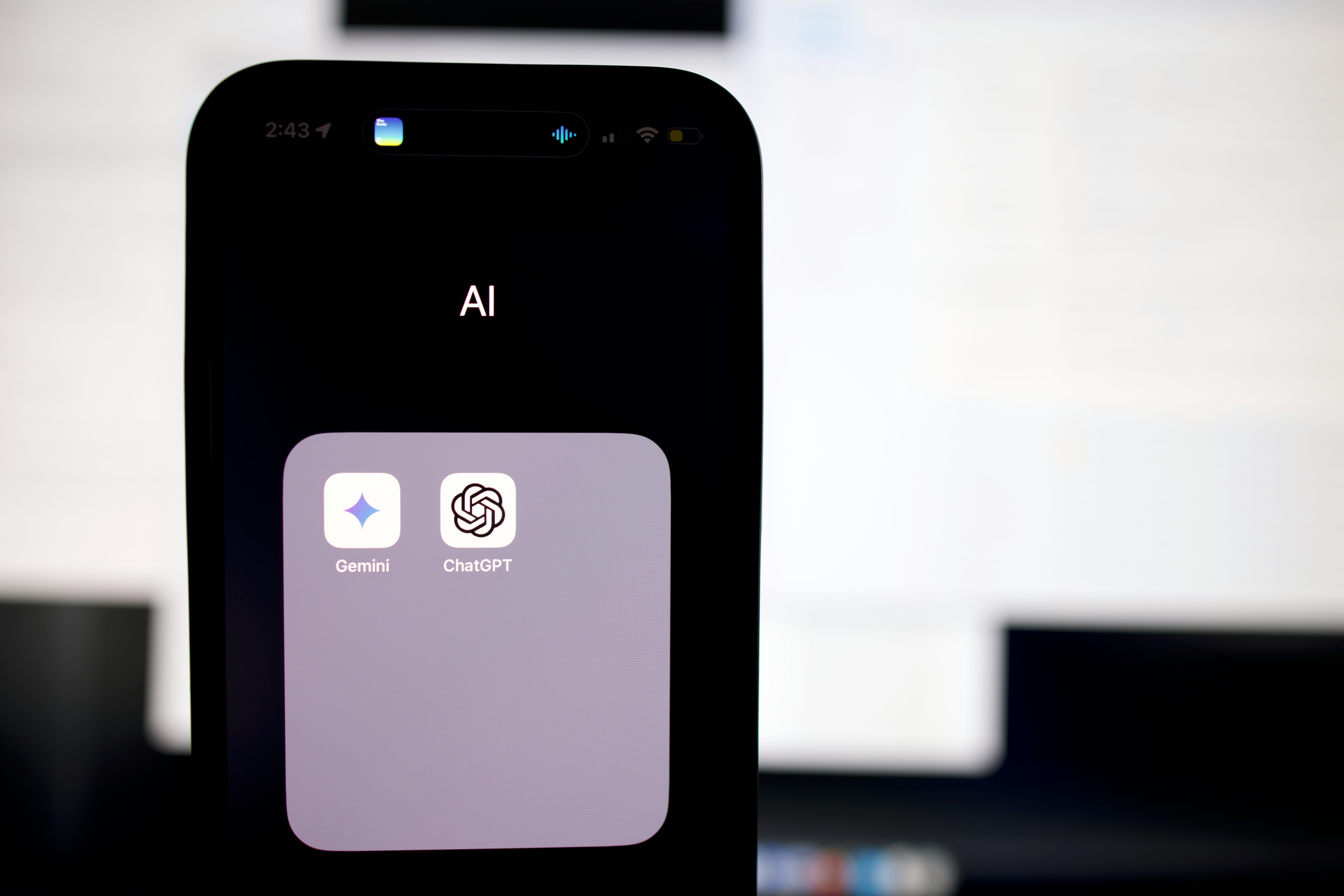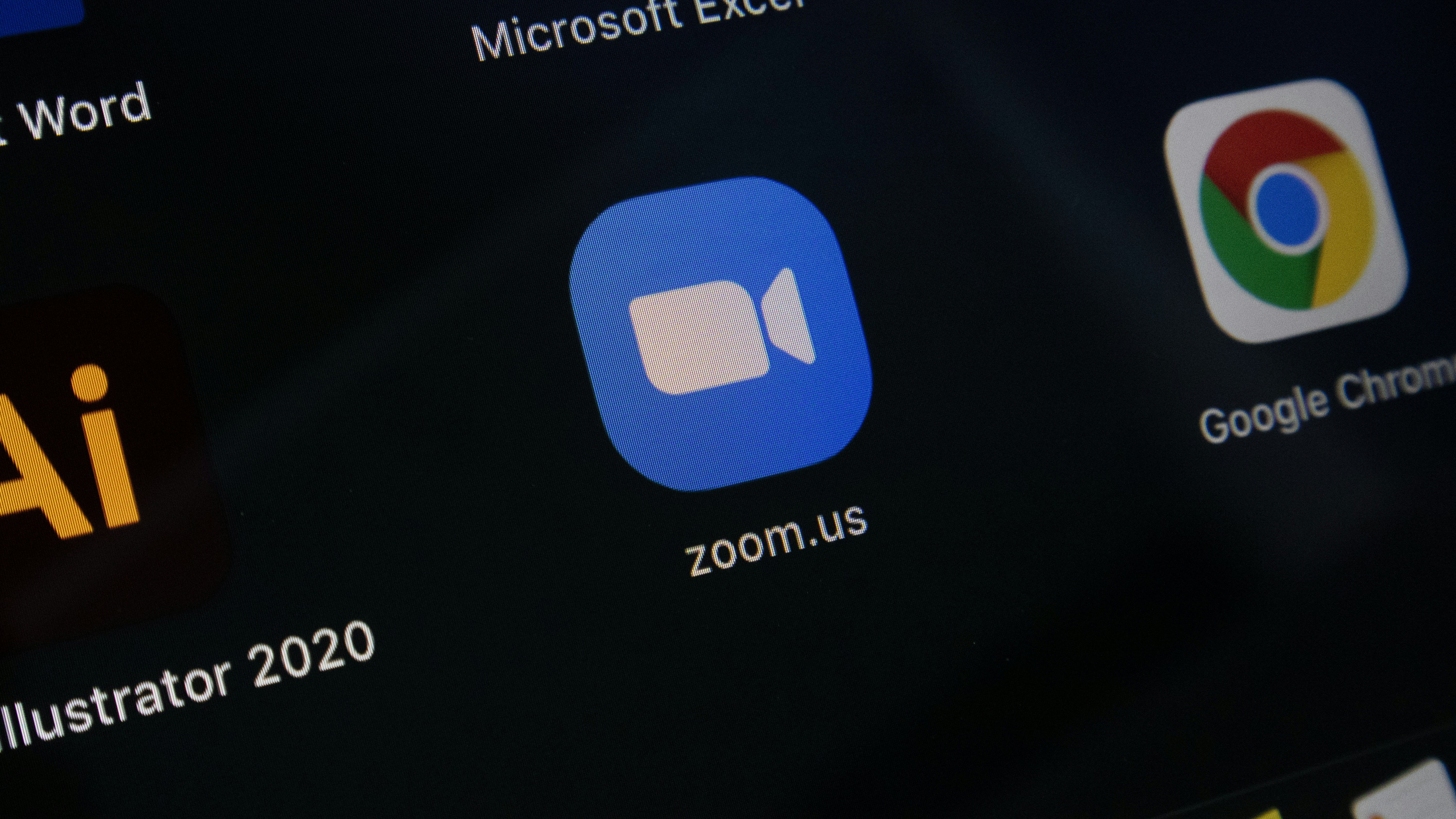Meta, the parent company of Instagram and Facebook, has carved a unique advantage by leveraging vast amounts of publicly shared content from these platforms to train its AI models. Public posts—ranging from everyday photos to more thematic visuals on art, culture, and fashion—serve as a critical resource in developing and refining Meta’s AI capabilities, specifically their text-to-image generator named Emu. This practice reflects a trend within the tech industry, where data privacy, user consent, and copyright issues clash with the pursuit for technological advancements in AI.
How Does Meta Use Public Data for AI Training?

Photo by Bastian Riccardi on Unsplash
Utilization of Public Images from Instagram and Facebook
Meta leverages publicly shared images from Instagram and Facebook to train its AI models. They basically capitalize on the vast array of visuals shared by users on these platforms, which includes millions of images spanning art, fashion, culture, and everyday activities. According to Meta executive Chris Cox, this immense photo dataset allows the company's AI, specifically the text-to-image generator model named Emu, to produce high-quality images. The use of this data is restricted to content marked as public, ensuring that private uploads by users are not utilized for AI training.
Public Text Data - Posts and Comments
In addition to images, Meta uses public texts, including posts and comments from Instagram and Facebook, to enhance its AI training efforts. This includes a wide range of language data from casual conversations to more structured posts. The integration of this text data helps in refining the language models used by Meta’s AI, ensuring a better understanding and generation of textual content. The data also assists in building robust algorithms capable of interpreting and responding to a variety of text inputs accurately.
Key Statements from Meta Executives

"Mark Zuckerberg Facebook SXSWi 2008 Keynote" by deneyterrio is licensed under CC BY 2.0.
Chris Cox's Remarks on Data Usage
Chris Cox, Meta’s Chief Product Officer, has clarified that the company's data training practices are confined to publicly available data. In his statements at Bloomberg's Tech Summit, Cox emphasized that privacy is maintained as the AI models are not trained on private or friends-only shared materials. Instead, they focus solely on data that users have chosen to make public, ensuring that user privacy is respected while still enabling the development of powerful AI tools.
Mark Zuckerberg's Vision for AI Tools
Mark Zuckerberg articulates a strategic vision for AI that heavily relies on the massive data available through Facebook and Instagram. In various statements, including earnings calls, Zuckerberg has highlighted the advantage Meta holds due to the sheer volume of public data on its platforms. He believes that these data resources are not only vast but also valuable for training more sophisticated AI models. This will be pivotal in supporting Meta's ambition to lead in the AI space, especially concerning generative AI tools that can create visual and textual content dynamically.
Ethical and Legal Considerations

Photo by cottonbro studio / Pexels
Concerns Over Copyright and Fair Use
The use of publicly available Instagram and Facebook content by Meta to train its AI models raises serious copyright concerns. The legality of using these images, which often include copyrighted works shared by photographers and artists, centers around the complex and evolving nature of fair use doctrine. While Meta insists on using only public data, the lack of explicit consent from the creators poses ethical and legal dilemmas. The ongoing debate is closely watched by the U.S. Copyright Office, which has been considering updates to its laws to address new technologies like AI, acknowledging that the traditional boundaries of copyright law are being tested by these advancements.
Potential Litigation and Calls for Transparency
Meta's practices have already sparked anticipations of litigation. With the company's admission of expecting courtroom disputes, it's clear that the path to resolving these AI data training practices will likely involve legal battles. This scenario could prove pivotal for the entire industry's urgent call for transparency and fair compensation practices. Stakeholders, including rights holders and legal experts, argue for clearer guidelines and equitable sharing of benefits derived from AI that uses publicly posted content on platforms like Instagram and Facebook.
Responses from the Creative Industry
The creative industry, particularly photographers, has expressed distress and discontent towards Meta's use of publicly available images to train AI. The feeling of mistrust is prevalent among professionals who rely on the visibility of platforms like Instagram to showcase their work, only to find it utilized in ways that might not directly benefit them. Organizations representing creatives are advocating for transparency about the specific images used in training AI and the establishment of mechanisms for compensation.
The Tension Between Public Visibility and Data Privacy
The reliance on public posts for training AI typifies the delicate balance between achieving public visibility and protecting personal and data privacy. While public posts are, by nature, designed to be seen by a wide audience, many users and creators do not anticipate their content being used to train machine learning models. This practice has ignited discourse about user consent and the extent of control individuals have over their digital content once it is shared publicly. The need for clear user agreements and privacy settings that adequately inform users about potential uses of their data such as AI training is more essential than it has ever been.







